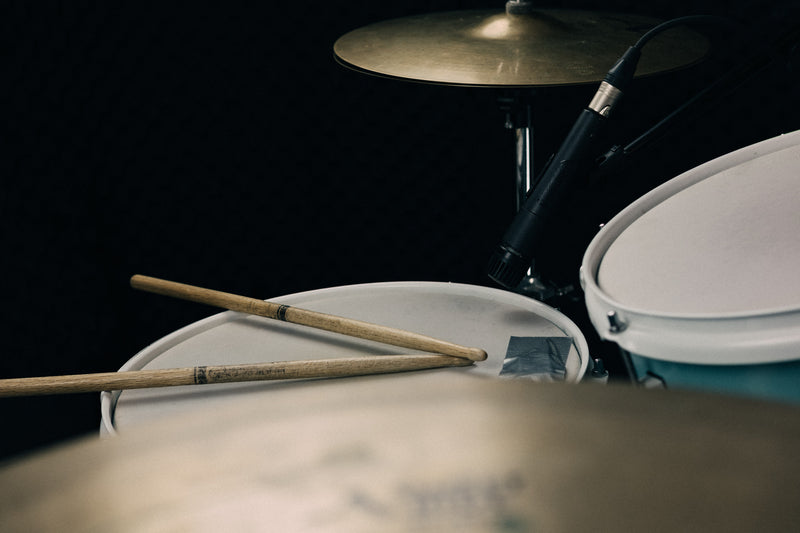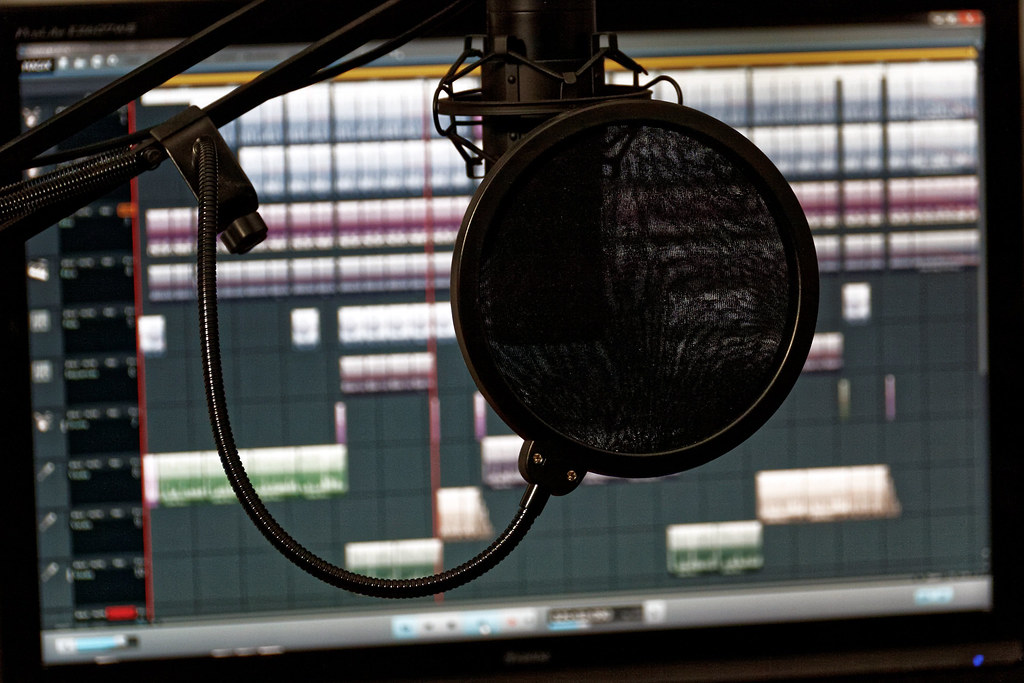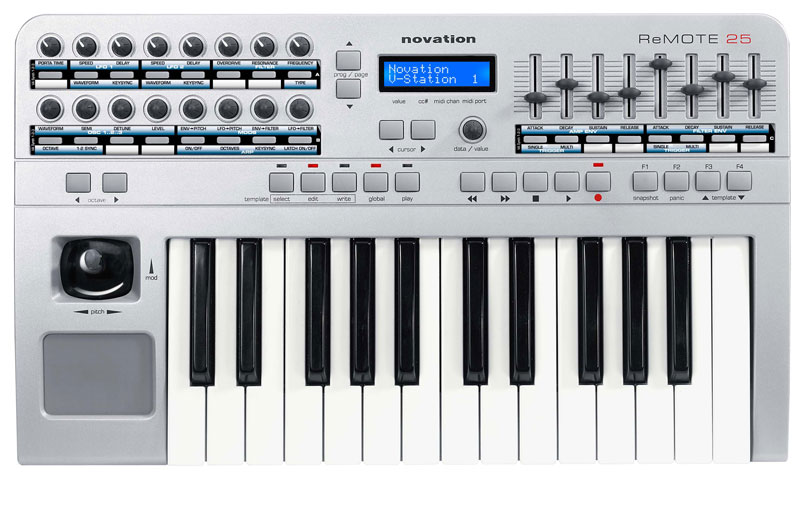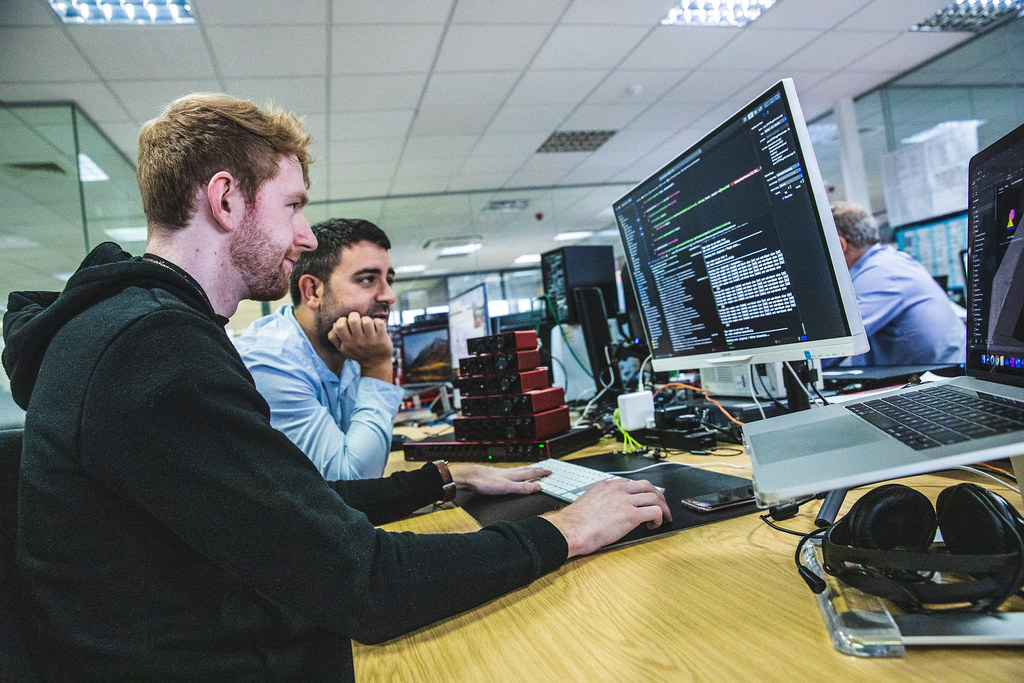Are you looking for a comprehensive guide to music production and engineering? If so, you’ve come to the right place. Music production and engineering involves the creation and recording of music using various tools and techniques. In this guide, we’ll cover everything from the basics of music production software to advanced audio engineering techniques. You’ll learn about popular digital audio workstations (DAWs) and the different types of music production software available. We’ll also discuss key techniques such as recording, mixing, and mastering, as well as the equipment required for success in music production and engineering. Whether you’re just starting out or looking to take your music production skills to the next level, this guide is for you.
Table of Contents

Music Production Software: An Overview
Music production software is a fundamental tool for creating music, and with the vast array of choices available, it can be challenging to decide which one to use. Here is an overview of some of the most popular music production software available:
Digital Audio Workstations (DAWs)
A digital audio workstation (DAW) is the heart of any music production setup, and there are several DAWs to choose from. Some of the most popular ones include:
-
Ableton Live: Ableton Live is a go-to choice for electronic and dance music producers. With its user-friendly interface and live performance capabilities, it offers a wide range of features for recording, mixing, and mastering music. It also has an extensive selection of virtual instruments and effects plugins.
-
Logic Pro X: An industry-standard DAW for Mac users, Logic Pro X offers a range of features for recording, mixing, and mastering music. It has a vast collection of virtual instruments, effects plugins, and sample libraries, making it a versatile tool for music production.
-
Pro Tools: Pro Tools is a powerful DAW used by professional audio engineers and music producers worldwide. It provides advanced features for editing, mixing, and mastering music, and it also includes a large selection of virtual instruments, effects plugins, and sample libraries.
Other Music Production Software
Apart from DAWs, there are several other types of music production software to consider, such as:
-
Virtual Instruments: Virtual instruments are software-based emulations of real instruments, and they are a great alternative to the real thing. Examples of virtual instruments include synthesizers, drum machines, and samplers.
-
Effects Plugins: Effects plugins are software-based tools designed to process audio in different ways. Examples of effects plugins include compressors, equalizers, and reverbs.
-
Sample Libraries: Sample libraries are collections of pre-recorded sounds that you can use in your music productions. They are available in various categories, such as drums, percussion, and orchestral instruments.
When choosing music production software, it’s important to consider your needs and goals as a producer or engineer. Factors such as the type of music you want to produce, your budget, and your level of experience can all influence your decision. It’s also a good idea to try out different software options before committing to a particular program.

Music Production Techniques
Music production is a multi-stage process that involves several techniques to create high-quality music. These techniques include recording, mixing, and mastering. Let’s take a closer look at each of these stages.

Recording
Recording is the process of capturing audio using microphones or other recording devices. To get the best results, it’s important to use high-quality microphones and preamps, and to record in a space that is acoustically treated to reduce unwanted noise and echoes. You can also use virtual instruments and samples to create music without recording live instruments.

Mixing
Mixing is the process of balancing and blending the individual tracks in a recording to create a cohesive and balanced sound. This involves adjusting the levels of each track, panning the tracks to create a sense of space, and adding effects such as reverb and delay to enhance the sound. Mixing requires a good understanding of audio engineering concepts such as frequency spectrum, dynamic range, and stereo imaging.

Mastering
Mastering is the final stage of music production, and it involves preparing the final mix for distribution. This involves adjusting the overall EQ and volume levels of the mix to ensure that it sounds good on a range of playback systems, from small speakers to large PA systems. Mastering also involves adding final touches such as compression, limiting, and stereo widening to enhance the overall sound.
To get the best results in music production, it’s important to follow best practices at each stage of the process. This includes using high-quality equipment, paying attention to the acoustics of your recording space, and using the right techniques and tools for each stage of the process. Additionally, it’s important to experiment with different techniques and develop your own unique style to stand out in the competitive music production industry.

Music Production Equipment Reviews
To create high-quality music, you must choose the right equipment, including studio monitors, microphones, and MIDI controllers. Each type of equipment plays an essential role in the music production process.

Studio Monitors
Studio monitors are specialized speakers designed to provide accurate and neutral sound reproduction. It is essential to choose the right studio monitor brand to ensure that your music sounds great. Some popular studio monitor brands include:
- KRK
- Yamaha
- JBL

Microphones
Microphones play a crucial role in recording live instruments and vocals. With so many different types of microphones available, it can be challenging to choose the right one. Some popular microphone brands include:
- Shure
- AKG
- Neumann
There are three main types of microphones to choose from – condenser, dynamic, and ribbon microphones. Each type of microphone has its own unique characteristics and is suited for different recording applications.

MIDI Controllers
MIDI controllers are devices used to control software-based instruments and effects. They typically feature piano-style keys, drum pads, and knobs and sliders for controlling various parameters. Some popular MIDI controller brands include:
- Novation
- Akai
- Native Instruments
When choosing music production equipment, it’s important to consider your budget, the quality of the equipment, and the features you need to create the type of music you want to make. High-quality equipment can make a significant difference in the final product, but it’s essential to choose equipment that suits your needs and budget.

The Importance of Collaboration in Music Production
Collaboration is a crucial aspect of music production and engineering, as it offers producers and engineers the opportunity to work together to create exceptional music. When collaborating with other musicians, vocalists, or producers, new ideas and perspectives are brought to the table, resulting in a more dynamic and captivating final product. Additionally, collaborating with others can help establish valuable connections and relationships within the music industry, leading to future opportunities.
When working on a music project with collaborators, clear and open communication is essential. It is important to discuss the objectives and goals of the project, establish roles and responsibilities, and set realistic timelines and deadlines. By doing so, everyone involved can be on the same page and work towards a common goal. Being receptive to feedback and constructive criticism is also crucial. This can help improve the quality of the final product and ensure that all parties are satisfied with the end result.
Furthermore, technology has made collaboration more accessible than ever before. With the use of cloud-based platforms and software, collaborators from different locations can work together in real-time and seamlessly exchange ideas and files. This has opened up opportunities for collaboration between artists and producers from different parts of the world.
Overall, collaboration is an essential element of music production and engineering, and it has the potential to produce outstanding results. By effectively communicating and working together, collaborators can create music that is both innovative and appealing to a broad audience.

Professionalism in Music Production
Professionalism is a crucial aspect of music production and engineering, whether you are working independently or as part of a team. As a music producer or engineer, you need to demonstrate reliability, punctuality, and respectfulness towards your clients, colleagues, and collaborators. A strong work ethic and attention to detail are also key traits of a professional music producer or engineer.
Maintaining a high level of professionalism requires excellent communication skills, the ability to meet deadlines and exceed expectations, and delivering high-quality work. You should be proactive in addressing any issues that arise during the music production process and be willing to go the extra mile to ensure your clients’ satisfaction.
In addition to these core qualities, being a professional music producer or engineer also means staying up-to-date with the latest trends and technologies in music production. You should continuously develop your skills, knowledge, and expertise to stay ahead of the curve and offer your clients the best possible service.
Overall, professionalism is a vital aspect of music production and engineering. By exhibiting these qualities and continuously improving your skills, you can build a strong reputation in the industry and attract more clients and opportunities.

Music Production Careers: Breaking into the Industry
Breaking into the music production industry can be challenging, but it is possible to build a successful career in this field with the right skills, knowledge, and experience. Here are some tips for breaking into the music production industry:
1. Develop your skills and knowledge
To start a career in music production, you need to have a solid understanding of music production techniques, software, and equipment. Consider taking courses or workshops to learn more about music production and engineering. This will help you develop the skills and knowledge you need to succeed in the industry. You can also build a portfolio of your work to showcase your skills to potential employers or clients.
2. Network and make connections
Networking and building relationships is crucial to breaking into the music production industry. Attend industry events, join online forums or groups, and reach out to other professionals in the industry. This will help you make valuable connections and find job opportunities.
3. Gain experience
To build your skills and knowledge, look for internships or entry-level positions in music production and engineering. This will give you hands-on experience and help you make valuable connections in the industry. You can also volunteer to work on music production projects in your spare time to gain more experience.
4. Be persistent
Breaking into the music production industry can take time and effort. Be prepared to face setbacks and rejections, but use them as opportunities to learn and grow. Keep pushing yourself to improve your skills and knowledge, and stay persistent in your pursuit of a career in music production. Remember, with hard work and dedication, you can build a successful career in this exciting field.
Conclusion
Congratulations, you have completed our comprehensive guide to music production and engineering! We hope that you have found our guide helpful and informative, and that you are now equipped with the knowledge and resources to start your journey in music production and engineering.
Remember, the key to success in this field is to stay curious, continue learning, and to practice, practice, practice. We encourage you to explore different genres, experiment with new techniques, and collaborate with other artists to expand your skills and creativity.
If you’re looking for more resources on music production and engineering, be sure to check out our other articles on music production software, audio engineering, and music production equipment. And don’t forget to subscribe to our newsletter to stay up-to-date on the latest news and trends in the world of music production and engineering.
Thank you for reading, and happy producing!
Frequently Asked Questions
Who can benefit from music production and engineering?
Anyone interested in creating music using software and recording equipment.
What is music production and engineering?
The process of creating and recording music using various tools and techniques.
How do I choose the right music production software?
Consider your needs and goals, budget, and try out different options.
What equipment do I need for music production and engineering?
Studio monitors, microphones, and MIDI controllers are essential.
How can collaboration improve my music production?
Collaborating with other musicians brings new ideas and perspectives.
What skills are needed to break into music production?
Solid understanding of music production techniques, networking, and persistence.


